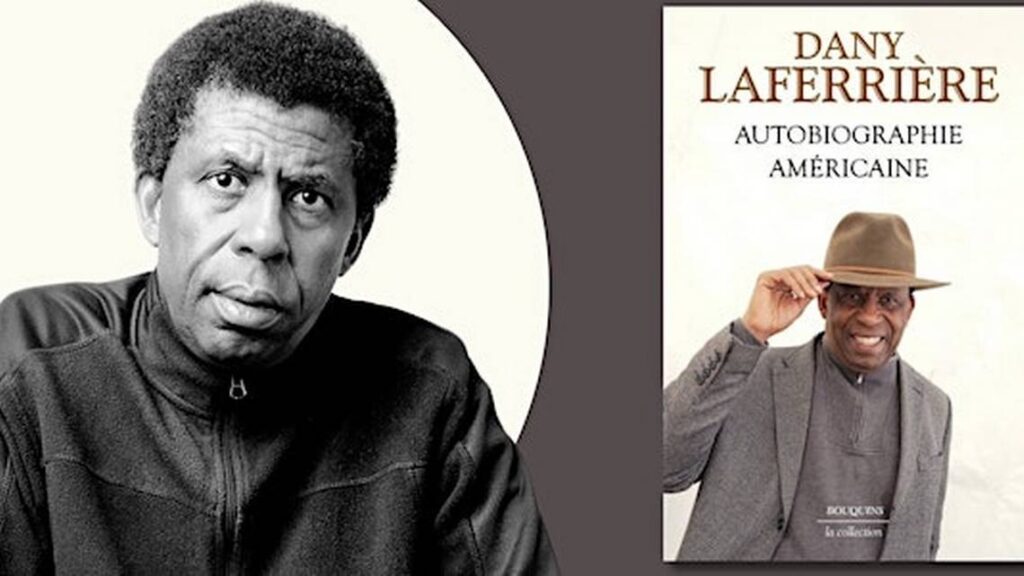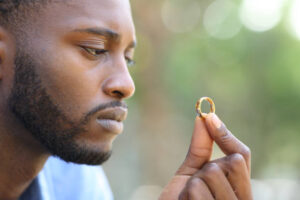Before he became an offiicial guardian of the French language, the exiled Haitian journalist-turned novelist Dany Laferrière called Miami home. From the colorful vibes and vibrancy of the community, so close to his childhood home in Haiti, Laferrière wrote 10 novels. In fact of his 16 books on Haiti, a dozen were written in Miami, where he encountered people from his childhood in Petit-Goâve and Port-au-Prince. Among them was his mother’s seamstress, an encounter he recalled in a piece last year as he reflected on the gang horror in his homeland.
It was a rare insight for an author who admits to not taking the expected path and prefers to combat horror by opposing it “with beauty and tenderness.” Laferrière, 71, is back in Miami this week, celebrating the French language with two public events as part of Francophonie month. Now a celebrated author and one of the so-called “immortals” with his historic 2013 election into the French Academy — the main authority on the French language — Laferrière is claimed by both Haiti and Canada.
Laferrière will mark International Day of La Francophone with a visit at the Little Haiti Cultural Center, 212 NE 59th Terrace, in Miami at 5 p.m. Saturday. While free, registration at eventbrite is required.
If you miss him in Little Haiti, where he will be discussing some of his 38 books and celebrating French, which is spoken by more than 300 million people worldwide, you can catch him at 7 p.m. Monday at Books & Books in Coral Gables. An Evening with Dany Laferrière is free and open to the public. The tour is part of an effort to promote intercultural dialogue and is sponsored by the consulate generals of Canada, Haiti and France in Miami, the Office of the Government of Quebec in Miami and the Alliance Francaise.
In a piece he wrote last year reflecting on the tragedy of Haiti, Laferrière, whose father was also forced to live in exile, recalled his mother’s determination for him to receive an education and how she carried herself with grace despite the problems around her. “Here we are once again on the edge of the precipice, and it seems that all we can think about is forms of power,” he wrote. He recalled meeting his mother’s seamstress in Miami and how she informed him about how his mother, Marie, had made it “a point of honor to ensure that the inside of her dress was as delicately made as the outside, even if it meant paying double the price.”
“And yet, she was a poor woman whose husband had lived in exile for decades, and who had to raise two children alone. Situations like this are common in this country,” he said. “For all those who see no connection between this art of living I’m publishing today and who find me casual and carefree in the face of tragedy, I am a couturier trying to make a garment whose inside is as neat as the outside, to fulfill my mother’s injunction about dignity,” Laferrière wrote.
Laferrière has developed a large following of his works, which blend humor, reflection and poetry and keeps Haitian culture and French literature alive. He received the 2006 Governor General Literary Award winner for his book Je suis fou de Vava. His debut 1985 novel, “How to Make Love to a Negro Without Getting Tired,” a satirical exploration of race and politics, was made into a film.
Born in 1953 in Haiti, Laferrière grew up in coastal Petit-Goâve, south of Port-au-Prince. As a young journalist, he fled Haiti in 1978 for Montreal after a colleague was killed. He went on to become a leading voice in Francophone literature, winning numerous accolades. One of his biggest was his election on the first round into the elite Académie Française. He became only the second Black person and the youngest person to join the academy. Founded in 1635, the elite club is charged with safeguarding the French language, which includes updating a dictionary and advising on usage. Its members serve for life.
Read more at: https://www.miamiherald.com/news/nation-world/world/americas/haiti/article302980164.html#storylink=cpy





















